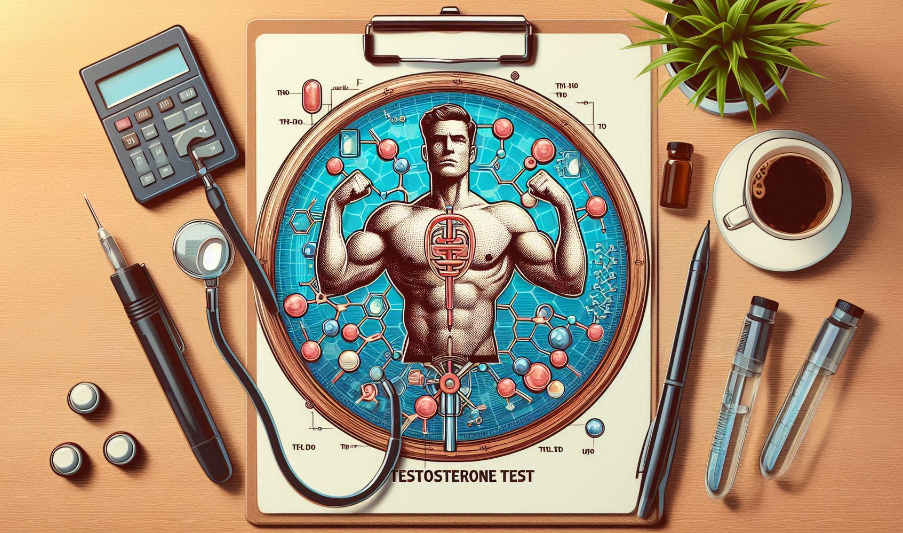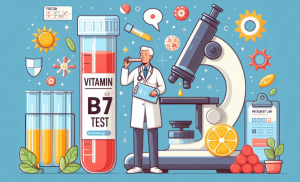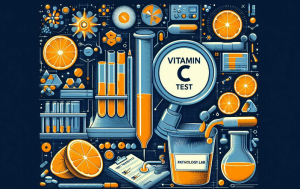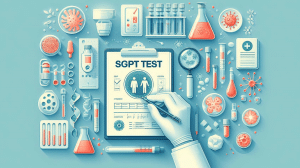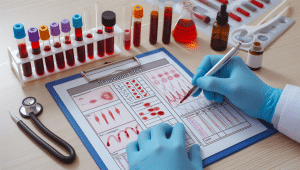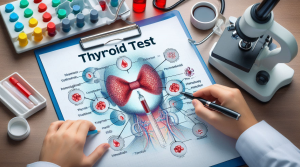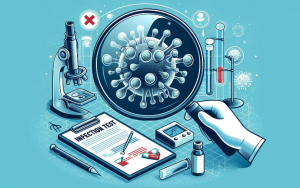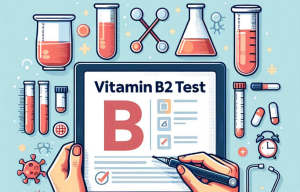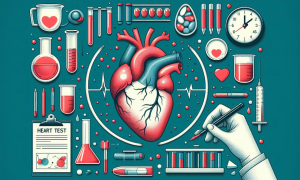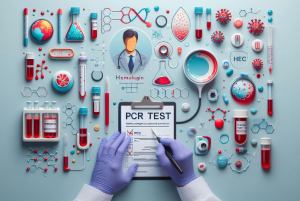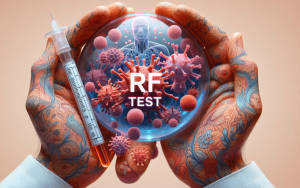What is a Testosterone Test?
A Testosterone Test measures the level of testosterone, a primary sex hormone, in your blood. While often associated with men, both men and women produce testosterone, albeit in differing amounts. In men, testosterone plays a vital role in sexual development, muscle mass, bone density, and sperm production. In women, it contributes to bone health, sex drive, and overall well-being.
Why Do You Need a Testosterone Test?
Your healthcare provider may recommend a testosterone test if you exhibit symptoms associated with abnormal testosterone levels. For men, these may include:
- Low sex drive
- Erectile dysfunction
- Decreased muscle mass
- Fatigue
- Mood changes
- Loss of body hair
For women, symptoms of abnormal testosterone levels might include:
- Irregular menstrual cycles
- Infertility
- Decreased sex drive
- Fatigue
- Mood changes
- Increased body hair growth
The test also helps in:
- Diagnosing conditions like hypogonadism (low testosterone), delayed puberty, or certain types of tumors.
- Monitoring testosterone replacement therapy.
What Does a Testosterone Test Measure?
The test directly measures the concentration of testosterone in your blood serum. It can indirectly provide information on:
- Testosterone status: Whether you have normal, low, or high levels of testosterone.
- Potential health risks: Both low and high testosterone levels can be associated with various health issues.
- Underlying conditions: Abnormal levels might signal issues with the testicles, ovaries, or pituitary gland, which regulate testosterone production.
Preparing for the Test
Generally, no special preparation is required for a Testosterone test. However:
- Timing: Testosterone levels fluctuate throughout the day, being highest in the morning. Your healthcare provider might recommend taking the test at a specific time, usually in the morning.
- Medications: Inform your doctor about any medications or supplements you are taking, as some can affect testosterone levels.
Understanding the Results
Normal testosterone levels vary depending on age, sex, and other factors. Generally, for adult men, normal ranges are between 300-1000 ng/dL, while for adult women, it’s usually between 15-70 ng/dL. Your healthcare provider will interpret your results considering your individual circumstances.
- Low levels: In men, low testosterone can lead to decreased sex drive, erectile dysfunction, fatigue, and other issues. In women, it can contribute to irregular periods, infertility, and mood changes.
- High levels: In women, high testosterone can cause acne, excess hair growth, and irregular periods. In men, it’s less common but can sometimes be associated with certain medical conditions.
- Normal levels: Indicate adequate testosterone levels.
Risk Factors and Prevention
Several factors can increase the risk of abnormal testosterone levels. For low testosterone:
- Age: Testosterone levels naturally decline with age.
- Obesity: Excess weight can affect hormone production.
- Chronic diseases: Conditions like diabetes, kidney disease, or HIV/AIDS can impact testosterone levels.
- Medications: Certain medications can lower testosterone.
- Injury or infection of the testicles: Can affect testosterone production in men.
For high testosterone in women, risk factors include:
- Polycystic ovary syndrome (PCOS): A hormonal disorder causing enlarged ovaries and irregular periods.
- Congenital adrenal hyperplasia: A genetic disorder affecting hormone production.
- Certain medications or tumors: Can sometimes lead to increased testosterone production.
Prevention and management depend on the underlying cause and individual needs.
- Lifestyle changes: Maintaining a healthy weight, regular exercise, and stress management can help regulate hormone levels.
- Hormone replacement therapy: May be considered for individuals with significantly low testosterone levels.
- Medications or surgery: Might be necessary to address underlying medical conditions contributing to abnormal testosterone levels.
Remember, testosterone plays a vital role in overall health and well-being. If you experience any symptoms suggestive of abnormal levels, consult your healthcare provider for evaluation and appropriate management.

 7351982473
7351982473